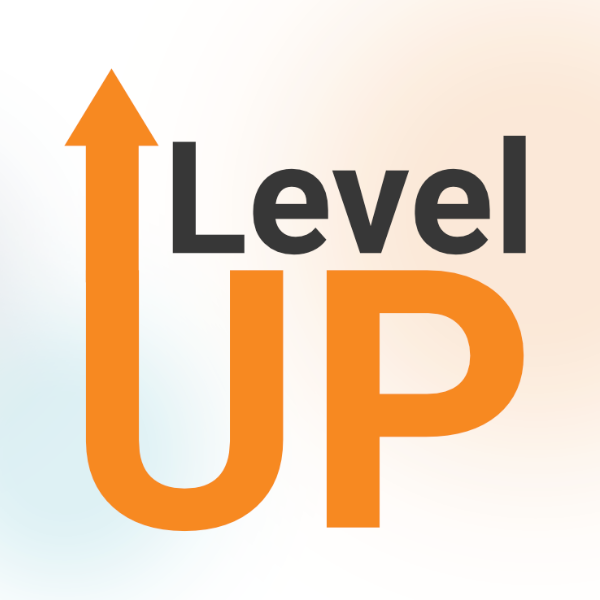Enhancing AI Mental Health Coaching: Tailoring Doro to Diverse User Needs
Main contact
Portals
-
 Vancouver, British Columbia, Canada
Vancouver, British Columbia, Canada
Project scope
Categories
Healthcare Social work Public health Education Scientific researchSkills
mental health interventions coaching comprehensive planning target audience needs assessment cognitive behavioral therapy dialectical behavior therapy mental health artificial intelligenceThe project's main objective is to optimize Doro, the AI-driven mental health coach, to better serve diverse user groups by identifying specific needs and tailoring interventions accordingly. Here’s a detailed description of the problem students will be tackling and the expected outcomes:
Problem Statement:
Despite advancements in digital mental health solutions, many interventions fail to meet the diverse needs of specific user groups, particularly those at a subclinical stage of mental health issues. These groups include immigrants, night shift workers, hospital patients, clients on therapy waitlists, and neurodivergent individuals. Each group has unique challenges and requirements that standard mental health apps do not fully address.
Project Goal:
Students will conduct a thorough analysis to identify which potential user groups can most benefit from Doro and determine what specific features and therapeutic techniques should be integrated to enhance its effectiveness for these groups. The project aims to refine Doro’s capabilities to provide targeted, effective mental health support that preemptively addresses the needs of individuals at risk of developing more severe mental health conditions.
Expected Outcomes:
1. Target Group Identification: Students will identify and validate specific user groups that will benefit most significantly from tailored AI mental health coaching.
2. Needs Assessment: Detailed analysis of the specific needs, preferences, and challenges these groups face regarding mental health interventions.
3. Feature and Content Recommendations: Based on the needs assessment, students will propose enhancements to Doro, including potential additions of specific therapeutic techniques like Dialectical Behavior Therapy (DBT) or Cognitive Behavioral Therapy (CBT), and modifications to the sessions' structures and planning.
4. Impact Analysis: Evaluate how these enhancements could improve engagement, satisfaction, and overall mental health outcomes for the targeted user groups.
By the end of the project, students will have provided a comprehensive plan to make Doro a more inclusive and effective tool for early mental health intervention, equipped to meet the nuanced needs of diverse populations.
We are committed to providing substantial support to students throughout this project:
- Technical and Psychological Support: We will explain any major technical and psychological concepts necessary for the project. Students are encouraged to reach out with questions, and we are prepared to set up meetings as needed.
- Time Commitment: Our team will dedicate at least five hours per week to assist with any project-related needs.
- Resources: Students will have free access to Doro. If access to specific websites or tools is required, we will cover these costs if deemed essential.
- Facilitation of User Interviews: If user interviews are necessary, we will facilitate these to ensure students can gather needed insights effectively.
- Recognition: Exceptional contributions may be recognized with a $50 gift card as a gesture of appreciation.
Supported causes
The global challenges this project addresses, aligning with the United Nations Sustainable Development Goals (SDGs). Learn more about all 17 SDGs here.
About the company
Representation
Diversity and inclusion
Categories highlighting this company’s ownership and values
Minority-Owned 2slgbtqia+-owned Small Business Family-Owned Neurodivergent-Owned Youth-Owned Immigrant-OwnedRazroze Therapeutics is committed to improving mental health care. Our first product, Doro, embodies our mission to identify and address mental health conditions at their subclinical stage. We aim to reach individuals at risk early, preventing the escalation of mental health issues and the consequences of fully developed disorders. Our goal is to make proactive mental health care accessible to everyone.
Main contact
Portals
-
 Vancouver, British Columbia, Canada
Vancouver, British Columbia, Canada

